**Banking Perks That Quietly Build Wealth: 7 Strategies Most People Ignore**
Master banking perks to grow wealth effortlessly. Discover premium account benefits, relationship discounts, bonus strategies, and automated systems that can earn you $800-$2000+ yearly.

**7 Steps to Slash Subscription Costs and Redirect Savings into Long-Term Growth**
Learn how to audit and optimize your subscriptions to redirect $40-120 monthly into savings. Discover practical strategies for subscription management and investment.
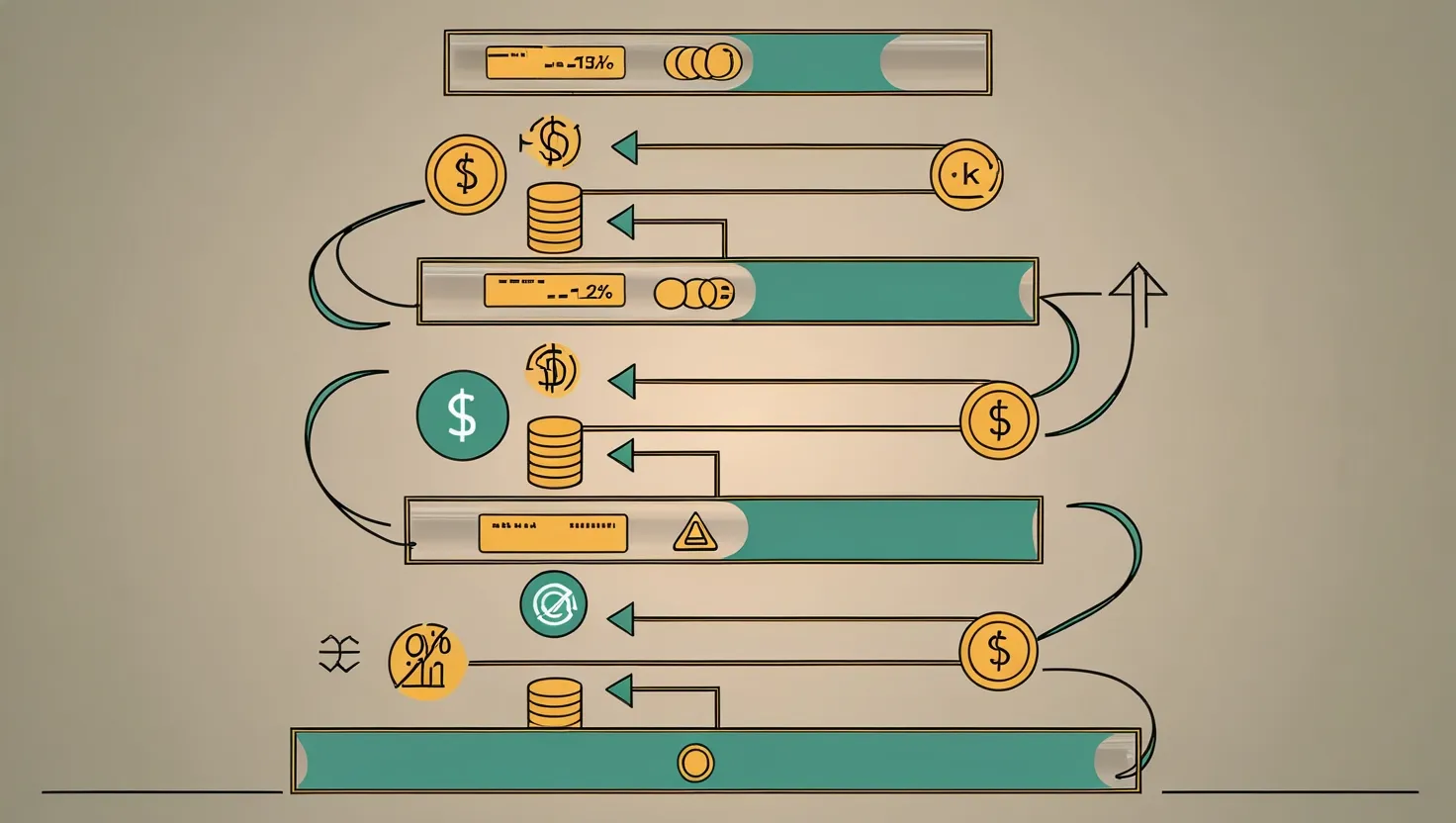
7 Financial Stacking Strategies That Turn Daily Spending Into Automatic Investment Income
Discover financial stacking strategies that turn everyday transactions into wealth-building opportunities. Learn cashback portal tricks, interest arbitrage, and automated investing methods that create passive income streams without lifestyle changes.

**Credit Card Strategies That Build Wealth: Turn Your Plastic Into Profit**
Master advanced credit card strategies to build wealth, boost your score, and turn plastic into profit. Learn pro tips for utilization, rewards optimization, and balance transfer arbitrage. Start today.

Turn Your Clutter Into Investment Capital: A Quarterly System for Financial Growth
Turn unused items into investment capital with our quarterly decluttering system. Learn how to systematically convert household clutter into growing wealth through strategic selling and direct investment transfers.
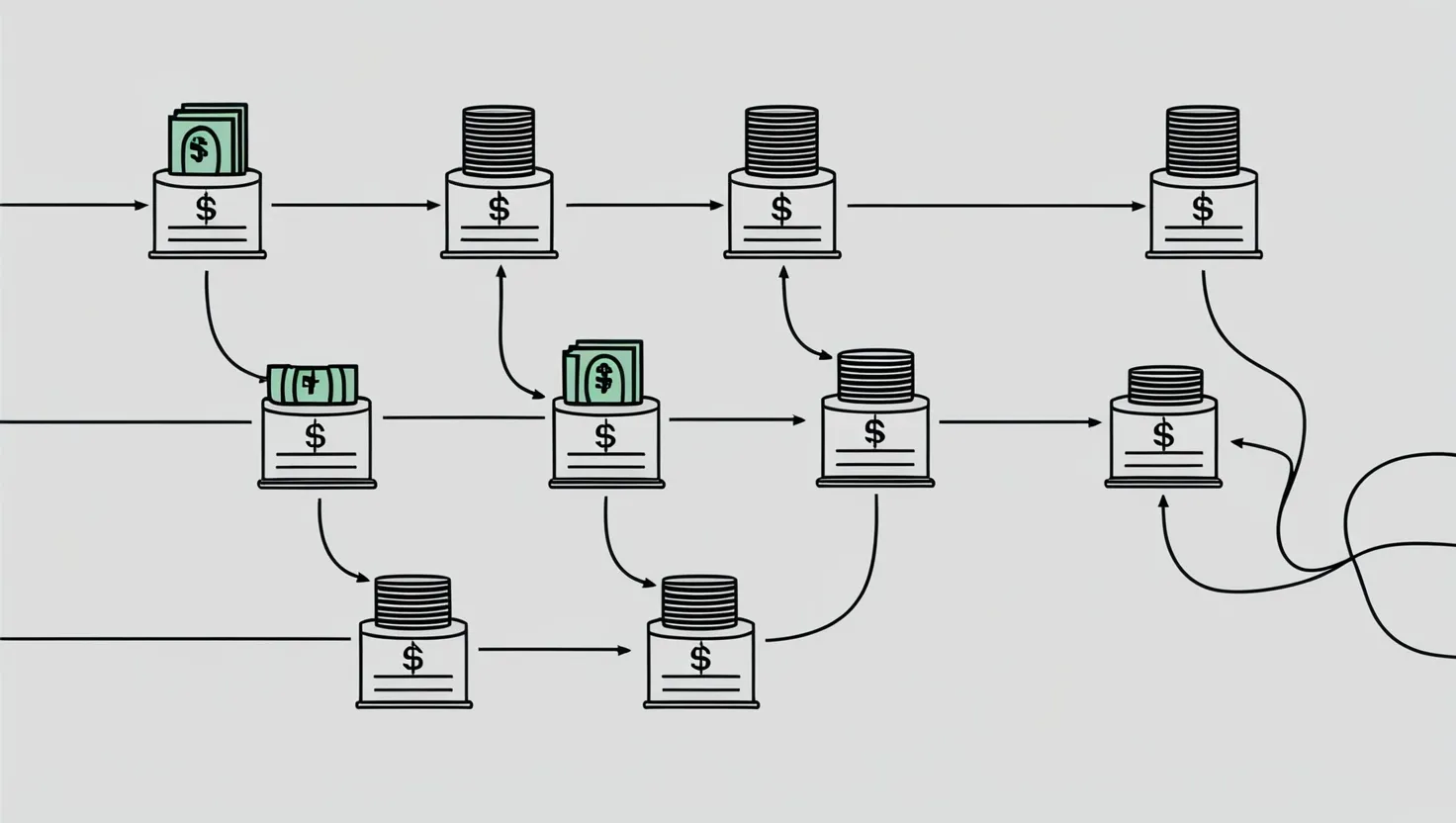
**Account Mapping: The Banking Strategy That Cuts Spending by 20% Without Traditional Budgeting**
Master account mapping to automate your budgeting and save 20% more without willpower battles. Learn category-specific accounts, spending triggers, and behavioral hacks that make saving effortless. Transform your finances today.

How to Build Wealth by Capturing Small Financial Windfalls and Forgotten Money
Transform forgotten cashback, rebates, and tiny refunds into wealth with micro-windfall capture. Learn the $50 threshold rule and 70/10/20 allocation strategy to turn overlooked dollars into meaningful savings. Start building your financial future today.

Transform Your Daily Spending Into Wealth: Smart Credit Card Strategies That Actually Build Money
Turn credit cards into wealth-building tools with smart rewards optimization, 0% APR strategies, and automated payments. Learn tactics to boost credit scores while earning cash back on everyday purchases.
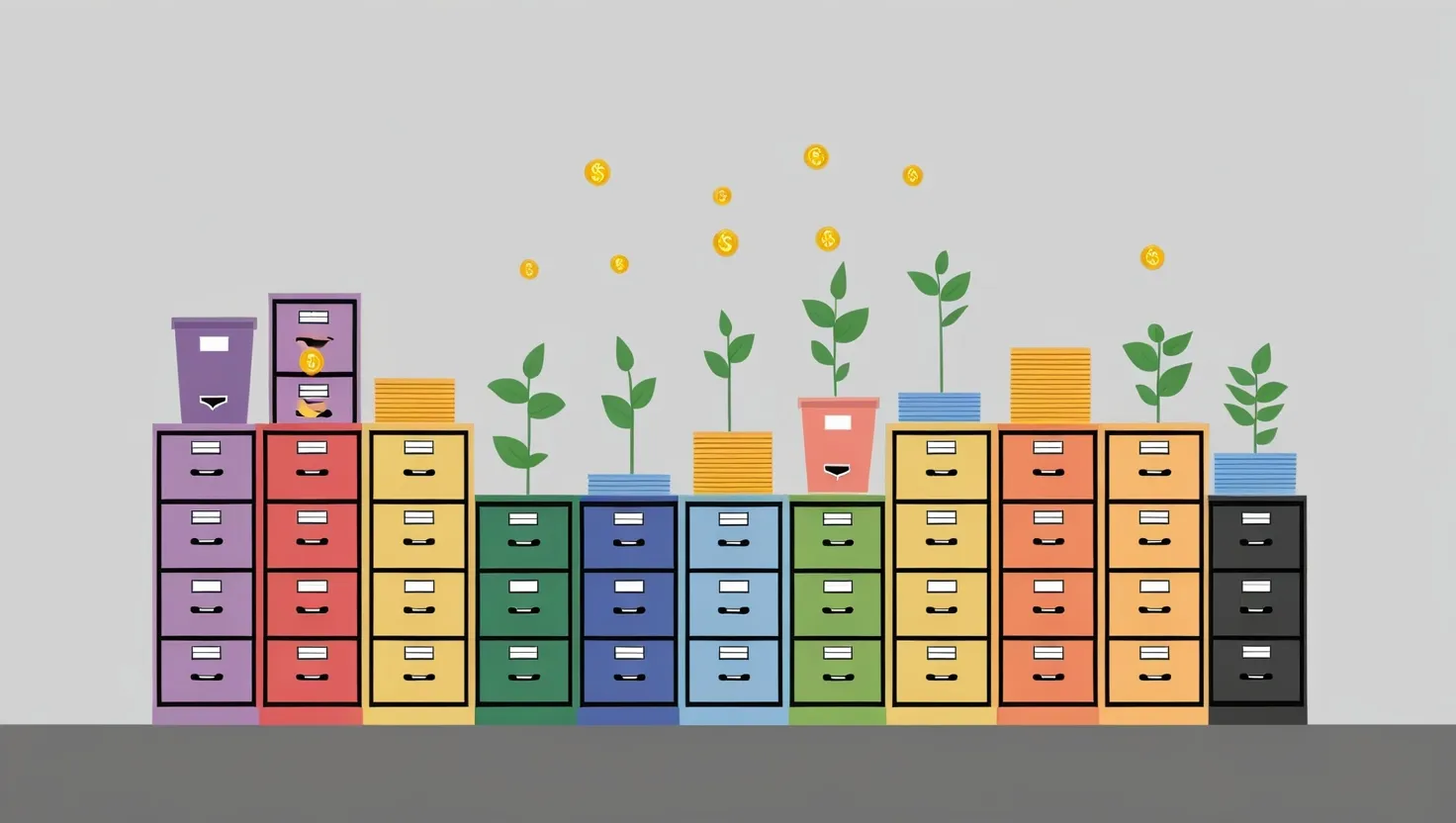
**Tax-Efficient Asset Location: Where to Place Your Investments for Maximum Returns**
Master tax-efficient investing with strategic asset location. Learn which investments belong in taxable vs. tax-advantaged accounts to maximize returns and minimize taxes. Start optimizing your portfolio today.
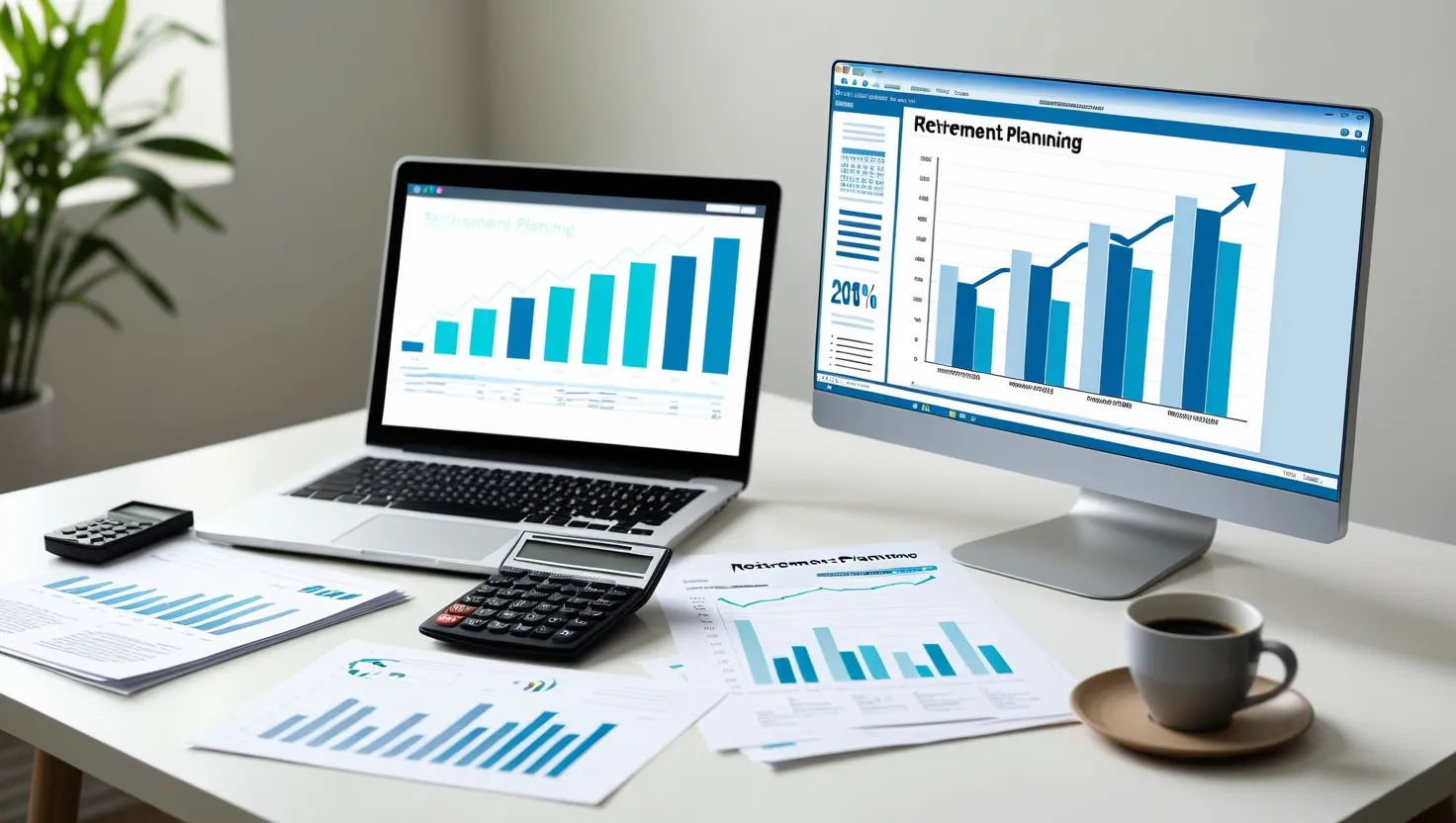
8 Strategic Methods to Maximize Your 401(k) Contributions in 2025
Discover 8 strategic methods to maximize your 401(k) contributions in 2025. Learn how to capture employer matches, optimize timing, and boost retirement savings effectively.

**Master High-Yield Savings Account Laddering: 6 Proven Strategies to Maximize Your Cash Returns**
Maximize returns with high-yield savings account laddering strategies. Learn 6 proven methods to build wealth using promotional rates and systematic deposits. Start today!
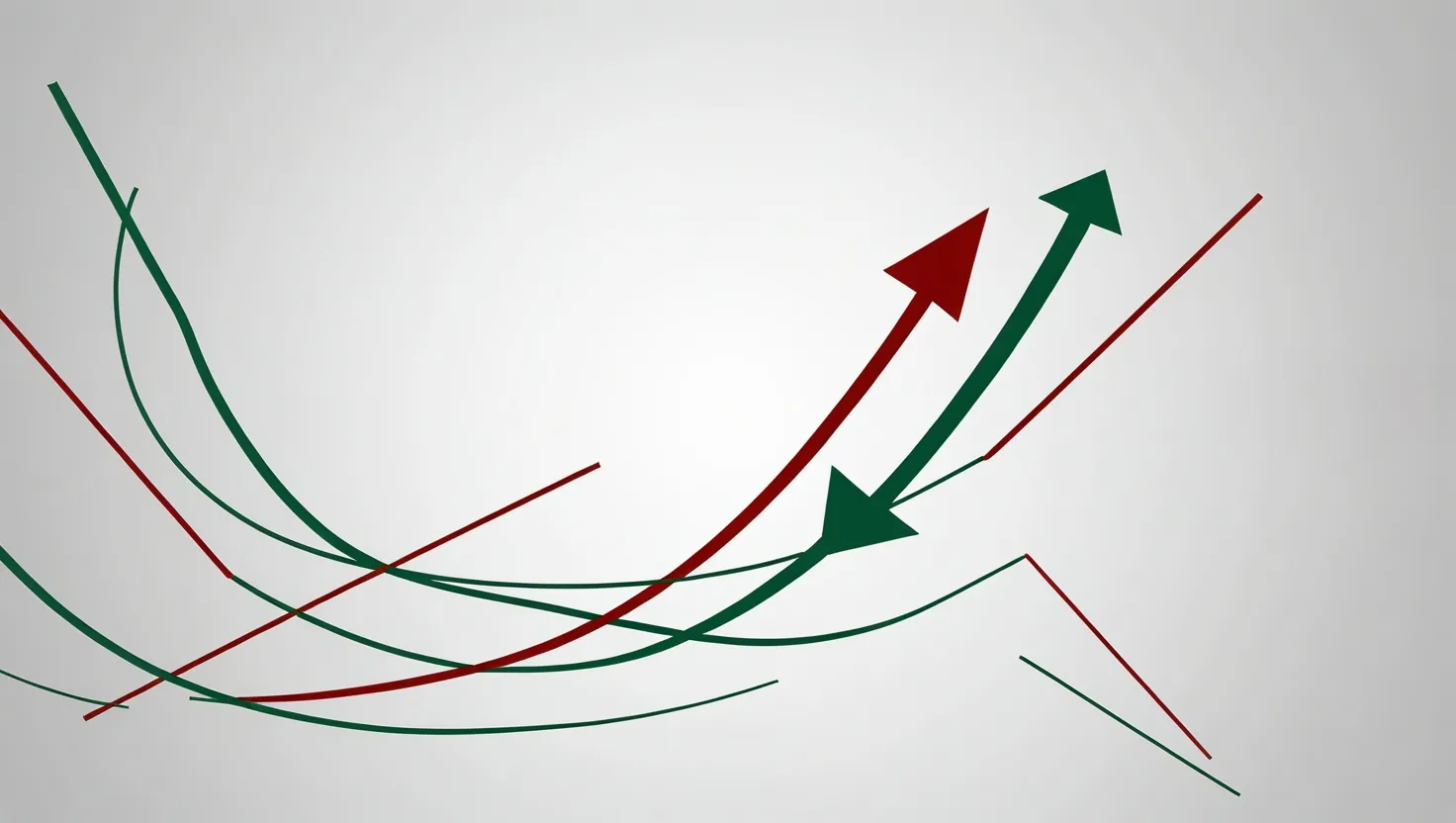
9 Expert Timing Strategies to Profit from Market Volatility and Maximize Investment Returns
Learn 9 strategic investment timing techniques to maximize returns during market volatility. Transform uncertainty into profit with systematic approaches.
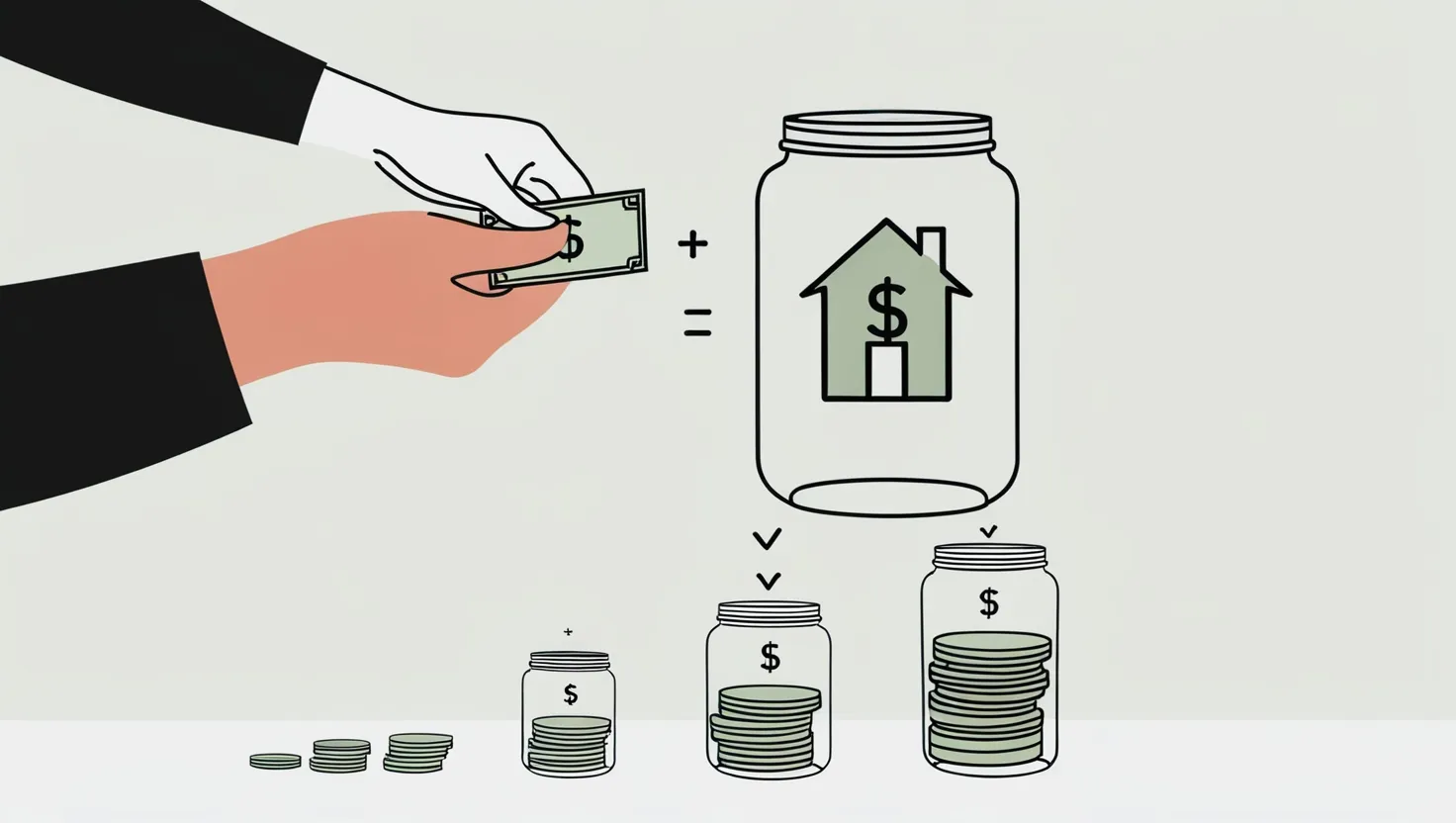
Pay Yourself First: 8 Practical Reverse Budgeting Strategies for Debt-Free Living
Discover how reverse budgeting helps you prioritize savings before spending with 8 practical strategies for debt-free living. Learn the 'pay yourself first' method to build wealth while still enjoying life. Start your financial transformation today.
